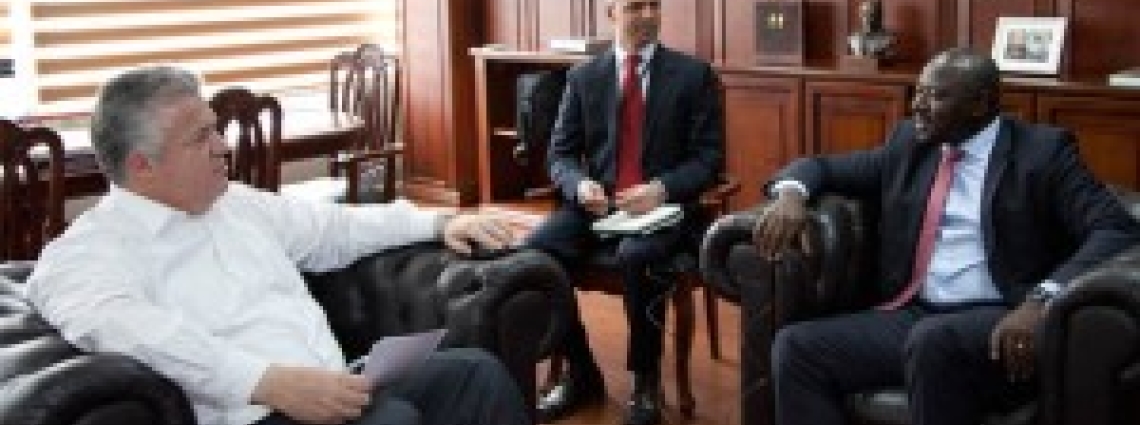Ecuador - breakthrough for Galapagos Islands' stations
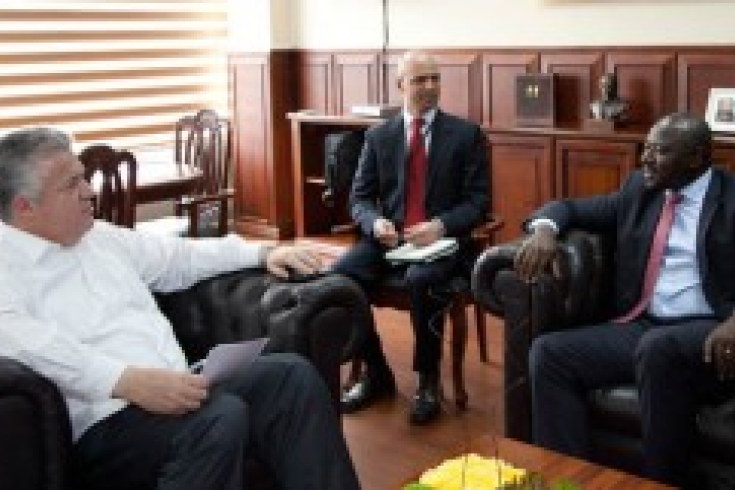
Leonardo Arízaga, Acting Minister for Foreign Affairs and Human Mobility (left) with CTBTO head Lassina Zerbo (right)
Ecuador has always supported the non-proliferation of nuclear weapons and was one of the first countries to sign the Comprehensive Nuclear-Test-Ban Treaty.
I warmly welcome the decision by Ecuador and thank Minister Arízaga and Ambassador Pastor Morris for their commitment and engagement in this project.
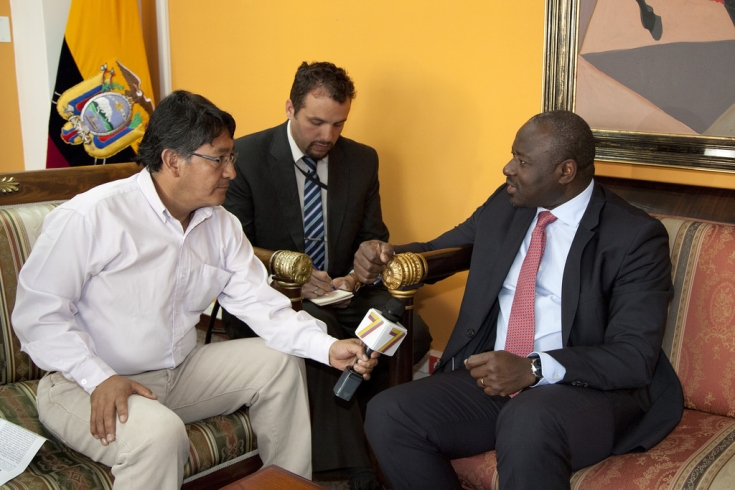
Interview with Ecuador TV. Image credit: Nina Zambrano Díaz, Cancillería - Ecuador.
The CTBTO is a key contributor to global security. The establishment of the two IMS stations in Ecuador will add capacity to the verification system that will benefit Ecuador and the global community.
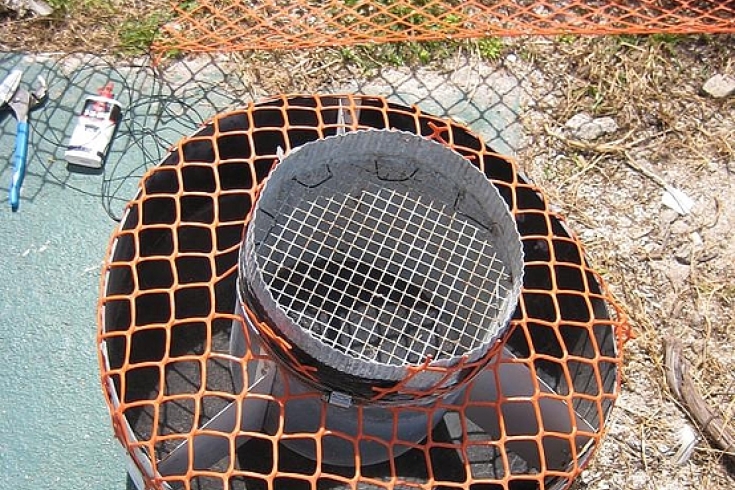
Protection for bird and station alike: Radionuclide station's air intakes covered with nets (here:at the Midway Islands, USA) to prevent birds from entering the system.
Through the near real-time provision of data, the CTBTO's unique global system can save lives during catastrophes such as tsunamis or nuclear accidents. Capacity building in this regard is of key importance for Ecuador.
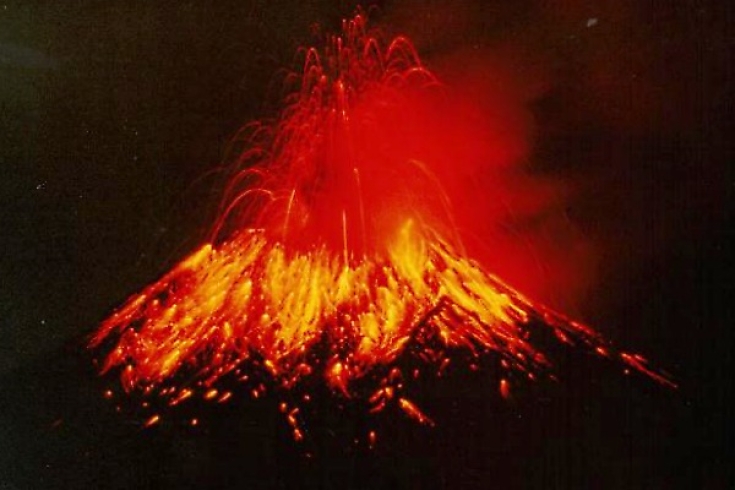
Eruption of Tungurahua Volcano, Ecuador
Ecuador was one of the first countries to sign the CTBT on 24 September 1996, the day the Treaty opened for signature. It ratified the CTBT in November 2001.
Related media reports (in Spanish):
- Ecuador tendría centro de detección nuclear (El Telégrafo) [Ecuador will install a nuclear detection centre]
- Instalarán centro de detección de pruebas nucleares en Ecuador (Prensa Latina) [A nuclear detection centre will be installed in Ecuador]
- Ecuador construirá un centro de detección nuclear en las Galápagos (RT) [Ecuador will build a nuclear detection centre in the Galapagos]
From left: María de la Portilla, Academic Director, Northern Technical University; Amb. Wilson Pastor of Ecuador; ES Lassina Zerbo; Helena Yanez, Director of the UN System at the MFA; Miguel Naranjo, Chancellor of the Northern Technical University
The lecture at the Universidad Técnica del Norte in Quito, Ecuador, was well attended.
24 Apr 2014
